Our Purpose
A college where empowerment is about each unique member feeling that they belong and that they are equipped to enjoy their life’s purpose with meaning and fulfillment.
Our Goal
To empower each member of Lansing Community College through inclusionary programs, training, resources, mentorship, consulting expertise, collaboration and accountability toward a healthy and inclusive campus culture that is transformational.
Our Pillars
We embrace a culture of care that stands on the pillars of love, respect and support.
Defining Diversity, Equity, Inclusion & Belonging at LCC
|
Empowerment at LCC is defined as you being invited to realize your full potential as a member of our LCC Family. It is about you feeling safe, equipped, supported, like you belong and that you have control of your destiny. |
||
| D | Diversity |
Diversity at LCC is defined as you being recognized as unique and adding something special to LCC that no one else can do in the same way. In this world of some 8+ billion people, there is no second you so we are excited to get to know what makes you that special you. |
| E | Equity |
Equity at LCC is defined as equipping you with all that you need to participate, grow, succeed and thrive. |
| I | Inclusion |
Inclusion at LCC is defined as you feeling that your thoughts, ideas and perspectives matter and that you can contribute and partner in our mutual success. |
| B | Belonging |
Belonging at LCC is defined as you feeling accepted and part of our community. |
Our Administrative Team

Dr. Dale A. Dan
Chief Diversity Officer
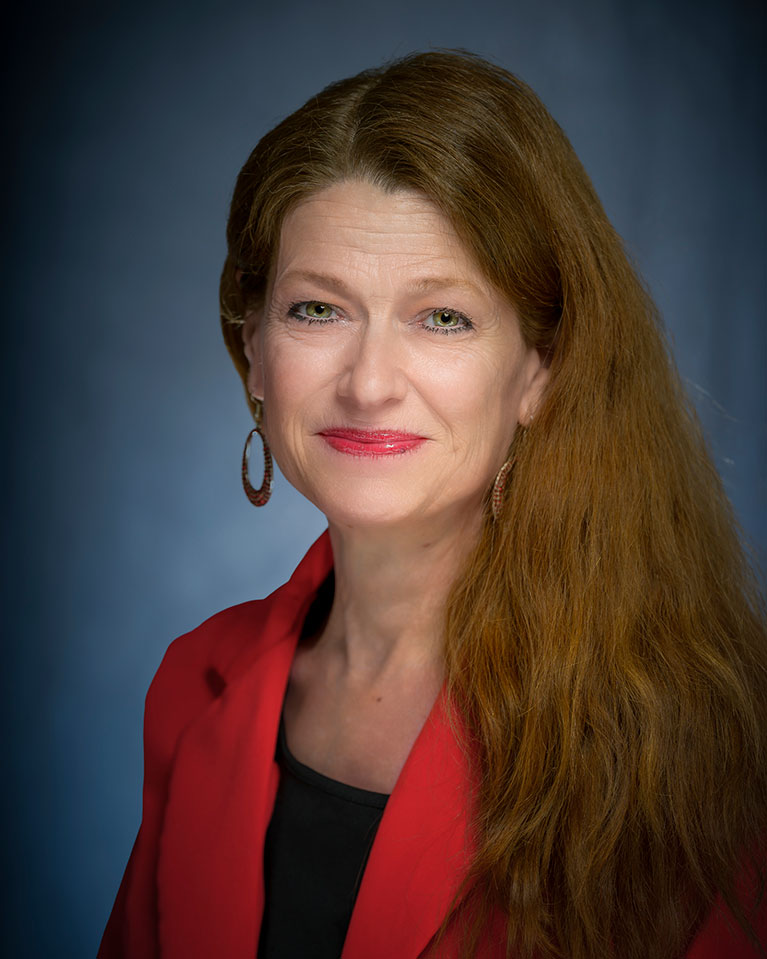
Bethany Berdes
Executive Assistant
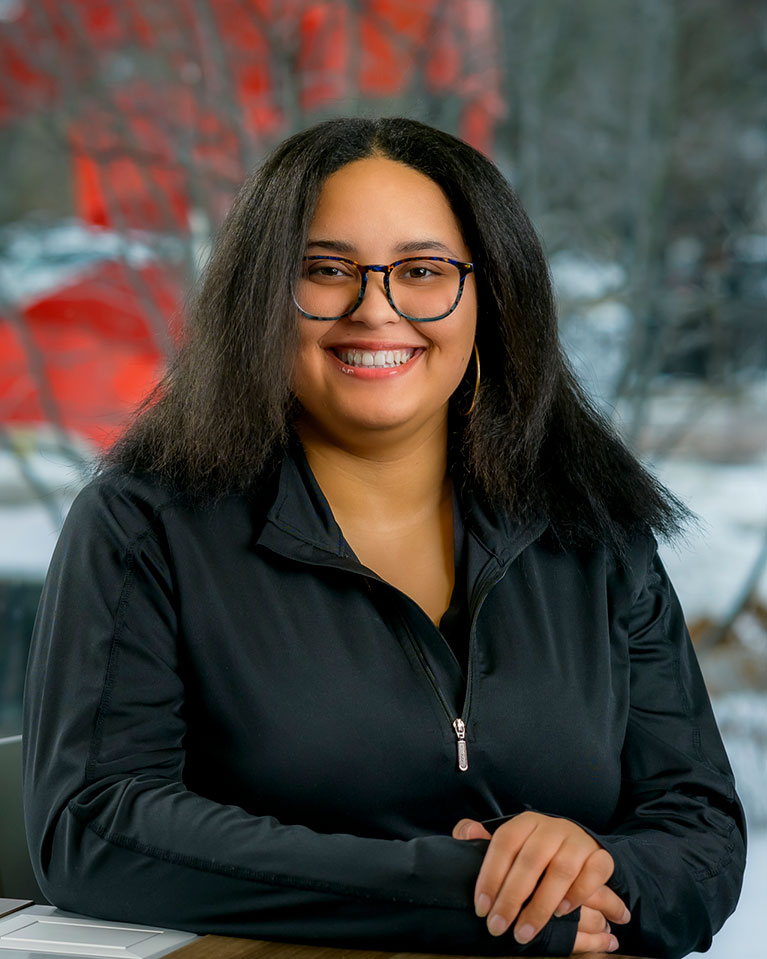
Esperanza Meisch
Administrative Support
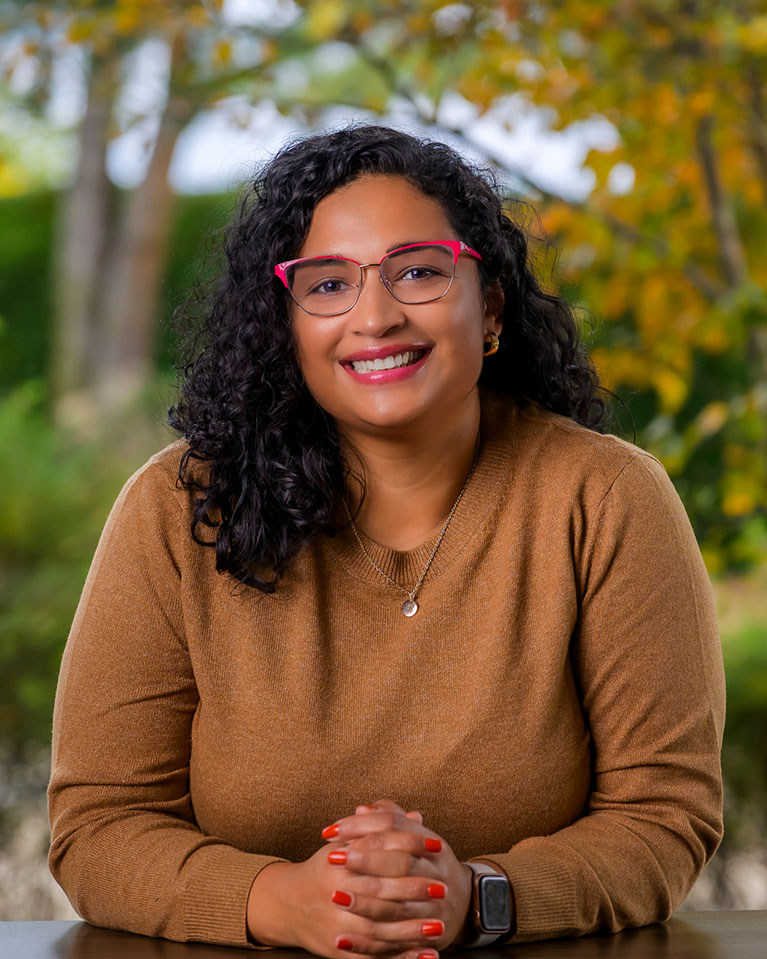
Dr. Olga M. Correa
Director CCMC

Dawn Hardin
Director MATC
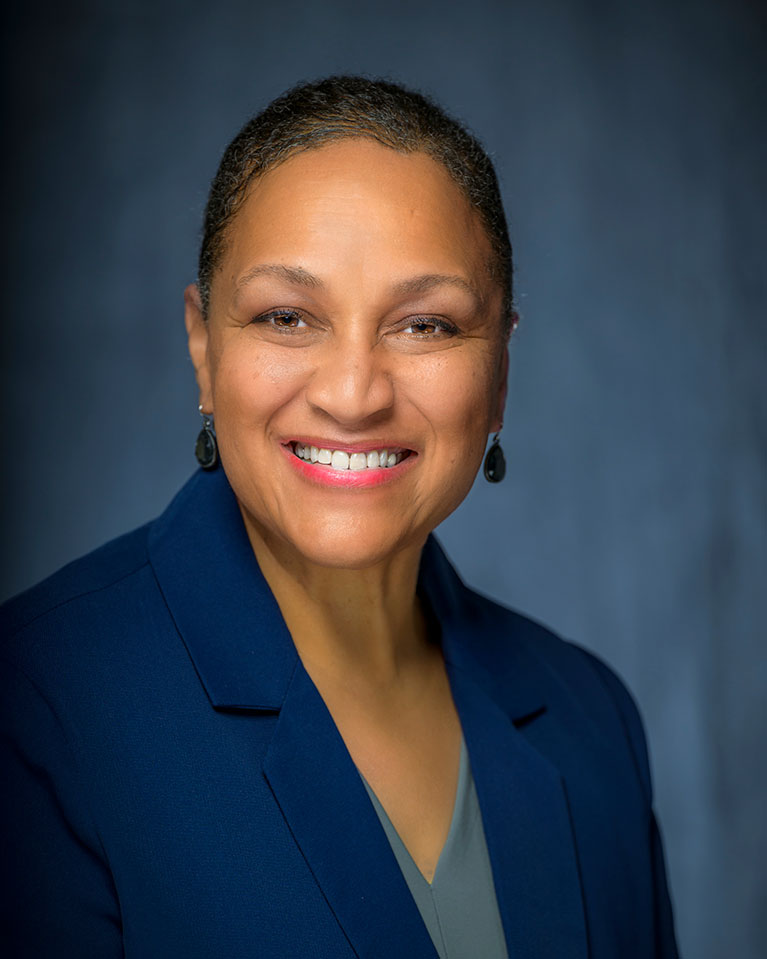
Tanya McClain
Director MLKEC

James Trezise
Communications Support
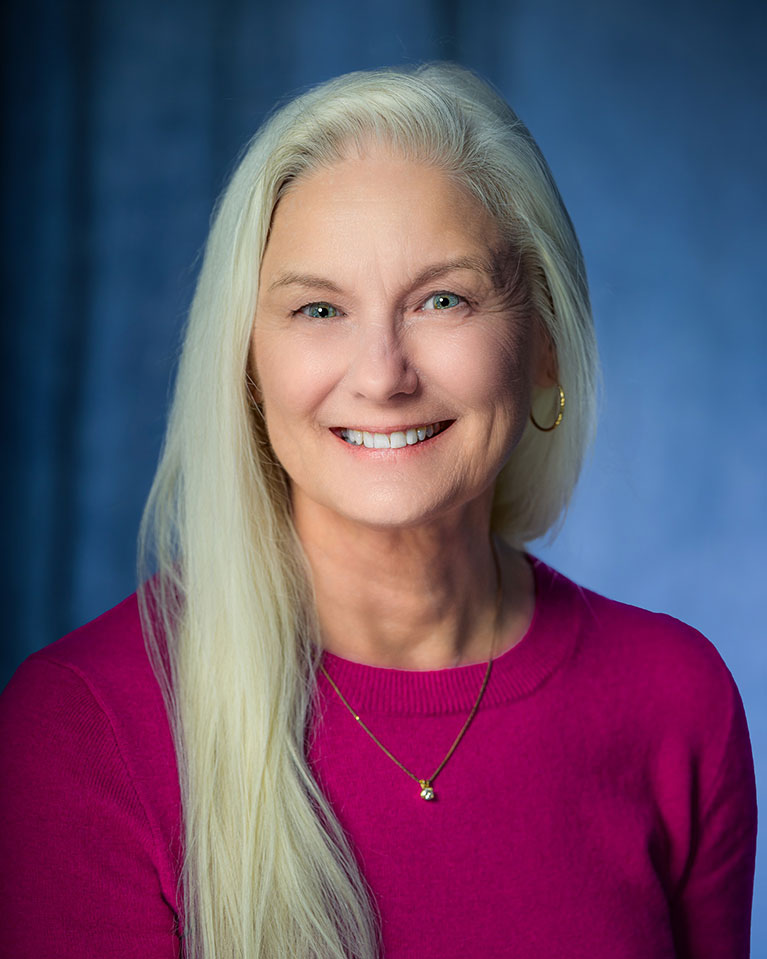
Susan Murphy
Book Project Support
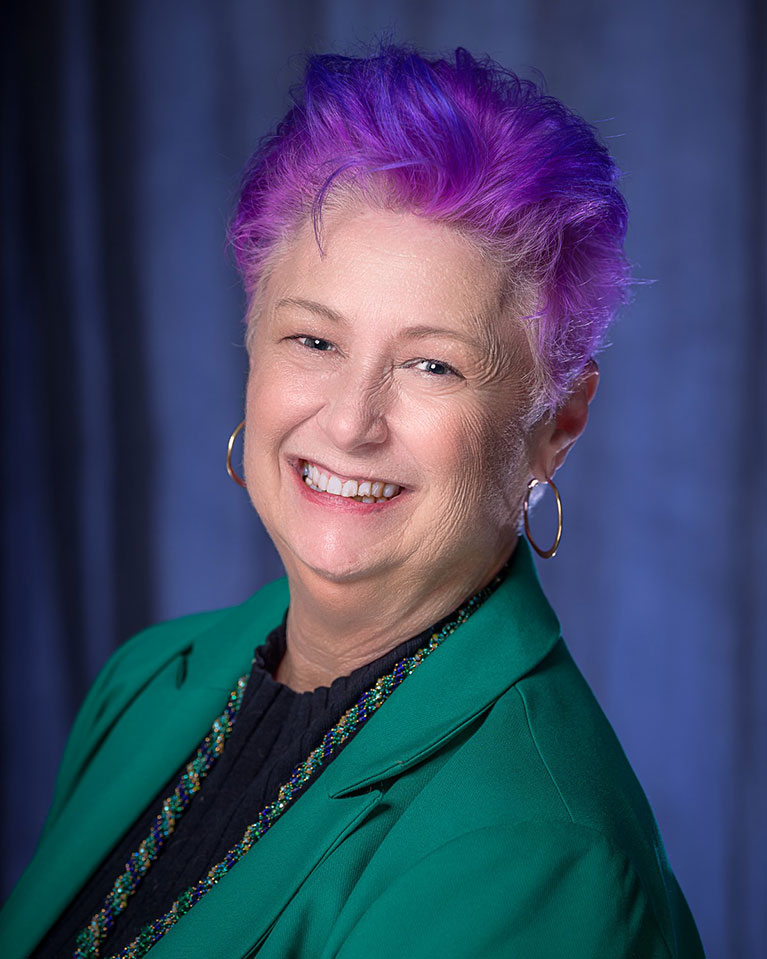
Judy Herbert
Data Support
Institutional Diversity, Equity, Inclusion & Belonging Documents
Board Resolution Addressing Racial Injustice
Flipbook
Click the thumbnail photo to open the flipbook
Equity Action Plan
Flipbook
Click the thumbnail photo to open the flipbook
Lansing Community College Land Acknowledgement
Lansing Community College occupies the ancestral, traditional and contemporary lands of the Anishinaabeg - Three Fires Confederacy of Ojibwe, Odawa, and Potawatomi peoples. In particular, the City of Lansing and LCC reside on land ceded in the 1819 Treaty of Saginaw.
What is a land acknowledgment statement?
To aid in promoting and creating awareness of Indigenous peoples' cultural erasure, land acknowledgment statements serve as a small way to recognize their history and presence along with their traditional homelands. Land acknowledgment statements also serve to acknowledge the processes of colonization and subjugation that have contributed to that erasure. Additionally, Land acknowledgments can do as an approach to honor the indigenous peoples who have occupied initially and stewarded the land we live on.
Using Land Acknowledgement Statements are also a method to engage cultural awareness in learning about the Native and indigenous communities and can serve as a build to strengthening relationships with tribal nations and their members. San Diego University defines a Land Acknowledgement as a formalized recognition through a statement that respects Indigenous peoples and publicly affirms them as traditional stewards of given geographic areas and the enduring relationship between Indigenous Peoples and their ancestral territories.
Why do we recognize the land?
Recognizing the land is a practice that honors and respects contemporary Indigenous peoples’ connection to their land since time immemorial. Using a Land Acknowledgment is a way to express gratitude and appreciation for those whose territory one resides or works on. From an Indigenous perspective, people need to understand the history that brought them to the land and that people seek to comprehend their place within that history. Understanding the history of Indigenous people is especially important since most Indigenous peoples were violently removed and dispossessed of their lands through deceptive processes.
Many Indigenous people consider colonialism as a current and ongoing process. Land Acknowledgments build mindfulness and awareness of colonialism, both past, and present. Acknowledging the land is also a standard protocol practiced by Indigenous peoples and allies worldwide.

How can we serve you?
Office of Empowerment (OE)
Arts & Sciences Building, Suite 1317
Office: 517-483-1118
Email: youareinvited@lcc.edu
